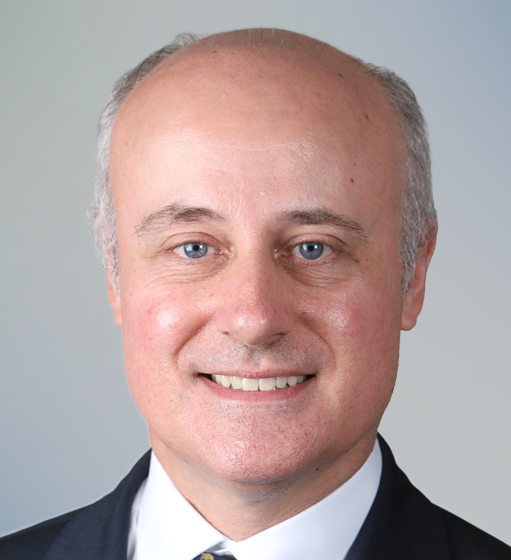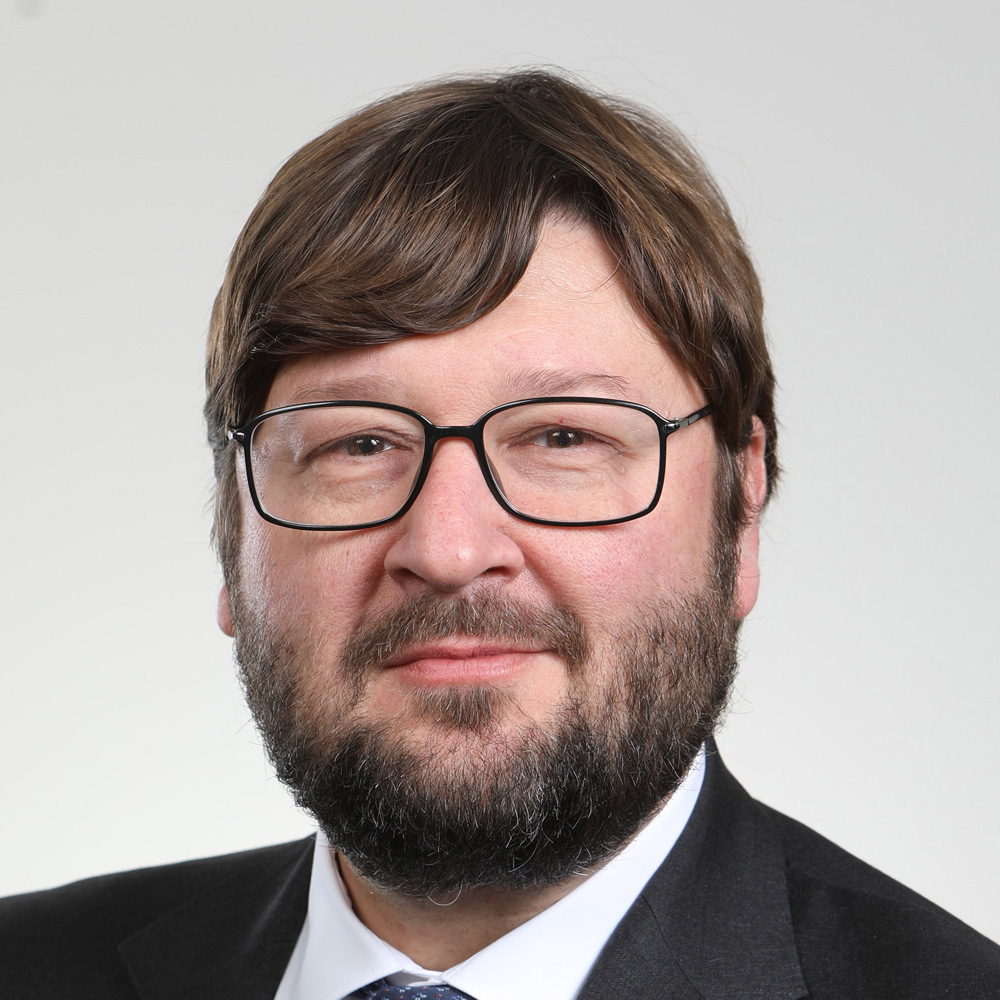Nicola Giammarioli in interview with Rai 3 Agorà (Italy)
Transcript of interview with ESM Secretary General Nicola Giammarioli
Broadcast live by Rai 3 (Italy), 22 June 2020
Interviewer: Serena Bortone
Rai3: Regarding the ESM’s conditions, can you confirm that there are no exit conditions?
Nicola Giammarioli: The terms and conditions of our loan are now clear because the Board of Governors, meaning the finance ministers of Europe, decided them on May 15 and the only condition to access our funds is that they are spent on health expenses that are directly or indirectly related to the Covid crisis. There is even a table, available on our website or on the Commission website, which shows that health costs are the only condition for accessing this ESM loan.
Who checks that this is done in the correct way?
The European Commission is the body responsible for checking that the conditions are met. Commissioner Gentiloni has specified how this monitoring will take place. This check will not take place through missions of the famous Troika to the beneficiary countries, but through reports that Member States will provide to the Commission and the Commission will verify that the reports certify compliance with the agreed rules.
What is the difference between applying for a loan from the ESM or issuing government bonds?
In both cases it is a loan, money that has to be repaid. In the case of the ESM, the conditions are to pay it back within 10 years at a cost that, to date, is around zero, but can potentially be negative.
What do you mean by potentially negative?
The cost of our loans is calculated based on how much we pay the markets to receive the money, plus a small margin. Since we issue our debt at negative rates and the margin is very small, adding this negative rate with this small margin, for some maturities, will still be negative. This means that the countries that benefit from our loans will have to pay back less than they took.Still, the cost of the money raised in the market obviously varies from country to country. For example, Germany has a negative cost like ours, or better than ours, and other countries like Greece, Spain, Italy, have to pay a spread of around 1.5 on 10-year bonds. Therefore, the difference is between what countries have to pay us and what they would have to pay if the raised money in the market, in BTP, in the case of Italy.
Why is there still so much mistrust? It is still unclear whether Spain or Portugal, for example, will use the ESM. Have you already received requests?
We have not received any requests yet. This credit line was approved in mid-May and is available until the end of 2022 so there is no urgency to ask for this money. I think each country is checking all the instruments that Europe has made available, such as the Recovery Fund, which is currently being negotiated. I think the countries are waiting for the results of these negotiations to understand what the instruments are and then decide according to their prerogative.
Would you like to comment on the ESM’s bad reputation, especially given what happened to Greece?
We have provided financial resources to five countries in Europe, not only Greece, but also Portugal, Ireland, Cyprus, and Spain. All five of these countries have come out of our adjustment programmes, some more easily, some in a more difficult way, like Greece. However, so far, all these countries have access to markets, they are growing and they have developed jobs, obviously before the Covid crisis that affected everyone. Therefore, even though objectively our programmes may seem tough in some respects, they have achieved the goal they set for themselves, which was that these countries return to the financial markets in order to embark on a path of growth. We have recently published this report on the Greek programmes. It is an independent study that we paid for but that was not done by us, in which there is the whole history of Greek programmes with highlights and shortcomings.
In the case of Greece, however, we saw pensions cut, even minimum pensions. Cuts in healthcare, increase in infant mortality in hospitals. Of course, Greece has returned to the financial markets, but the cost has been significant.
We should study what would have happened in terms of social costs if Greece had not had access to ESM loans, if Greece had gone bankrupt and left the euro. However, I want to underline that, it is true that the so-called Troika could negotiate all aspects of the programme, but the guidelines of the programme were approved by the Heads of Government or State, as well as for the last programme in 2015. So it was not only the “bad” Troika, it was a joint decision of all the European countries.
One of the main objections to the ESM in Italy is: “we will be the only ones to use this Fund”. Why don't other countries use this Fund? Do they simply not need it or are they smarter than us?
There is time to apply. In an analysis we published, we highlighted how convenient it is for 11 out of 19 countries to access the ESM credit line. There are countries that are making the same considerations that Italy is making and will decide independently or together, nothing prevents countries from agreeing, and they will decide in due time whether to apply or not. The credit line is available, the conditions are clear, it is now up to the member countries to accept or not. It can be one country, two or five, we will see in the coming weeks and months.
Has the ESM Institutional Treaty been modified as well?
No, the Treaty has not been amended but everyone reads only the first part of Article 4. The article says that: “ESM loans must be made under strict conditionality”, but then it continues, “appropriate to the financial assistance instrument chosen”. Since it is a credit line and not a programme loan, it has low conditionality, and the conditionality, established and certified by the Council, is to spend this money on healthcare expenses. Therefore, it is fully in line with the Treaties, because we are not talking about a macroeconomic adjustment programme like the Greek or Cypriot ones. We are talking about a credit line, so the conditions are in line with the ESM Treaty.
Contacts




